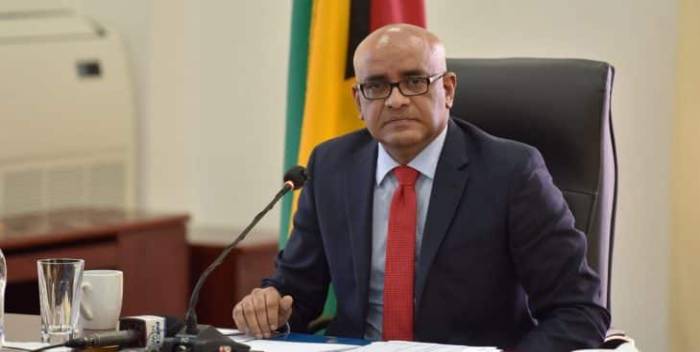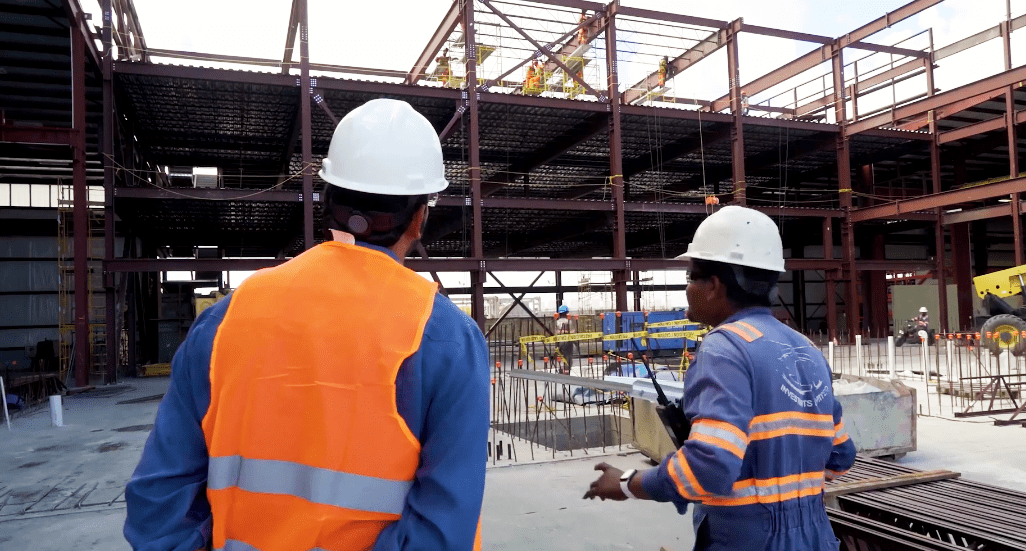Guyana will move from an ad hoc importation of foreign labor to a structured policy approach, with plans to table a draft Migration Policy in Parliament, Vice President Bharrat Jagdeo said on Thursday.
The shift comes as the South American nation expects labor shortages amid a construction and energy boom fueled by its expanding oil industry.
Jagdeo told reporters at a press conference that the government had resisted calls to develop a migration policy earlier in its term, citing the need to prioritize employment opportunities for Guyanese affected by the COVID-19 pandemic and job losses under the previous administration.
“First of all, we want to take care of our own people,” he said, pointing to job creation initiatives and efforts to increase female participation in the workforce. “We believe we can bring nearly 100,000 of our own people, our women, into the workforce.”
He noted that while foreign labor has been allowed into the country on a limited, project-specific basis, such as for the Demerara River bridge and new highway construction, a more formal approach is now necessary given the pace of national development.

“Look to our women population,” CLBD Director urges to bridge 53,000 skilled worker gap | OilNOW
“We now need to move to something more formal where we can debate it in Parliament… and then settle on how we want to approach migrants or to get more foreign labor into our country,” Jagdeo said.
The government will first complete a population identification exercise using biometric national ID cards to determine the number of Guyanese and non-Guyanese currently residing in the country. Foreign nationals will be issued a separate card, which Jagdeo said will be required for access to services such as banking.
Once the government has a clearer understanding of the labor supply, it intends to assess manpower needs across sectors, including oil, agriculture and infrastructure, to inform the final policy.
Jagdeo stressed that foreign workers would be “treated decently” under the new system, but said the government plans to maintain distinctions between benefits available to Guyanese and those granted to migrant workers.
“We’re not going to agree to a migration policy to just bring people in without having a full debate in Parliament,” he said.
However, debate on a policy will have to wait until after the country’s September 1 General and Regional Elections, since President Irfaan Ali has already dissolved the House.
The Migration Policy Institute, a U.S. think tank, said in 2022 that Guyana will need at least 160,000 more workers to sustain the economic growth brought on by the oil boom. It said even if the country were to harness all unemployed, underemployed, and discouraged Guyanese workers, domestic supply would only amount to 63,500 workers. The International Organisation for Migration (IOM) had said Guyana would need to attract a minimum of 100,000 workers, on top of that, to realise its full growth potential.



